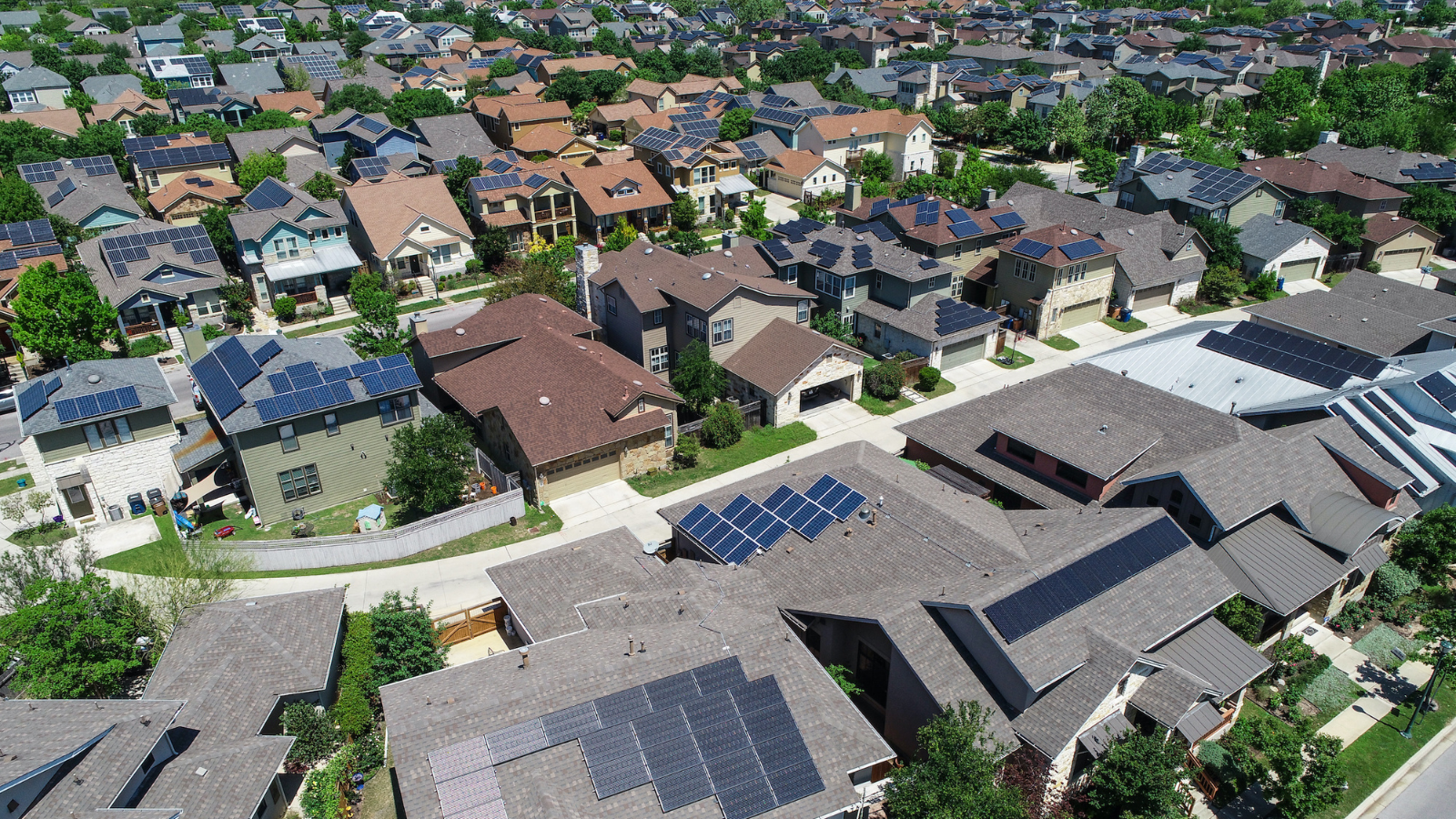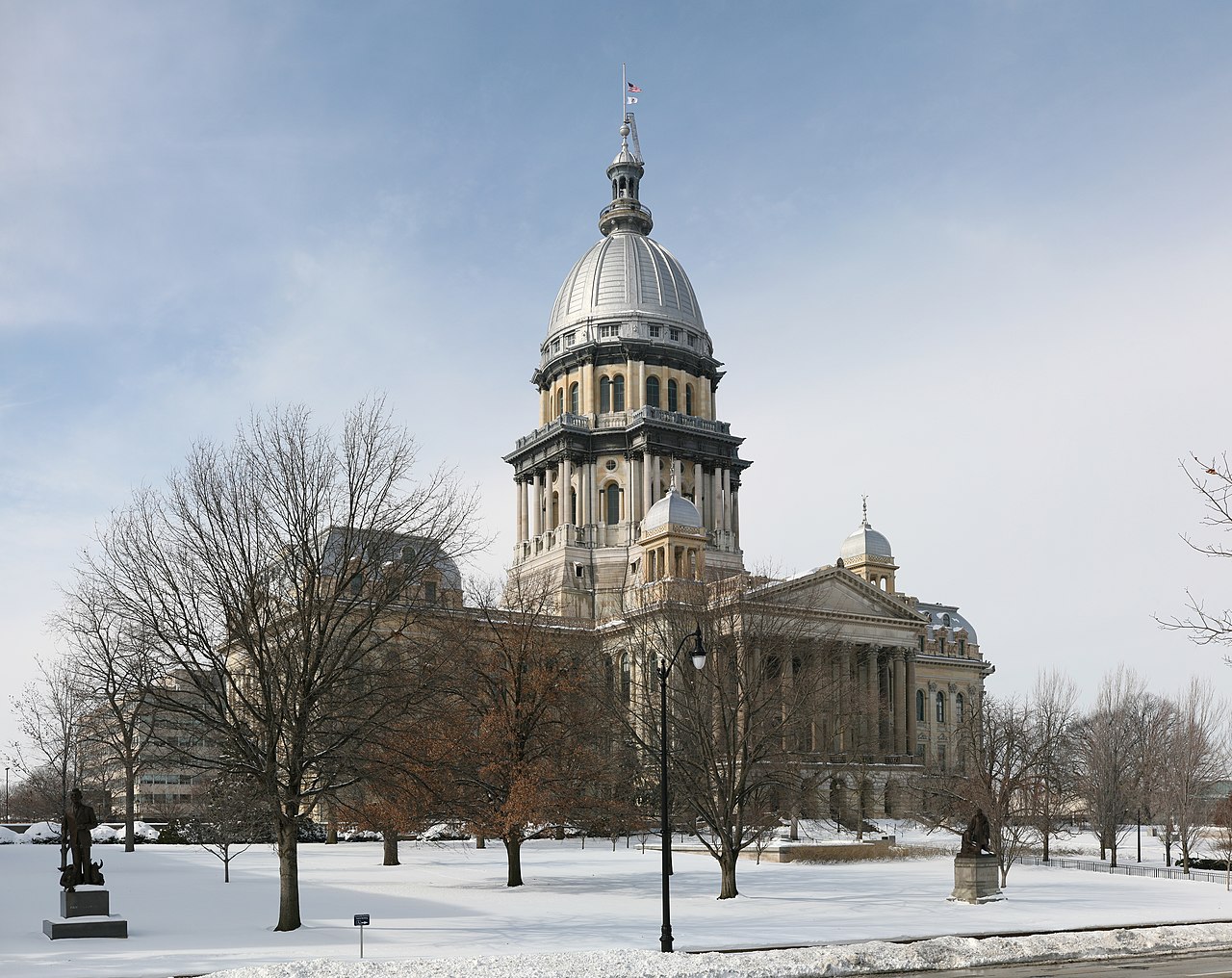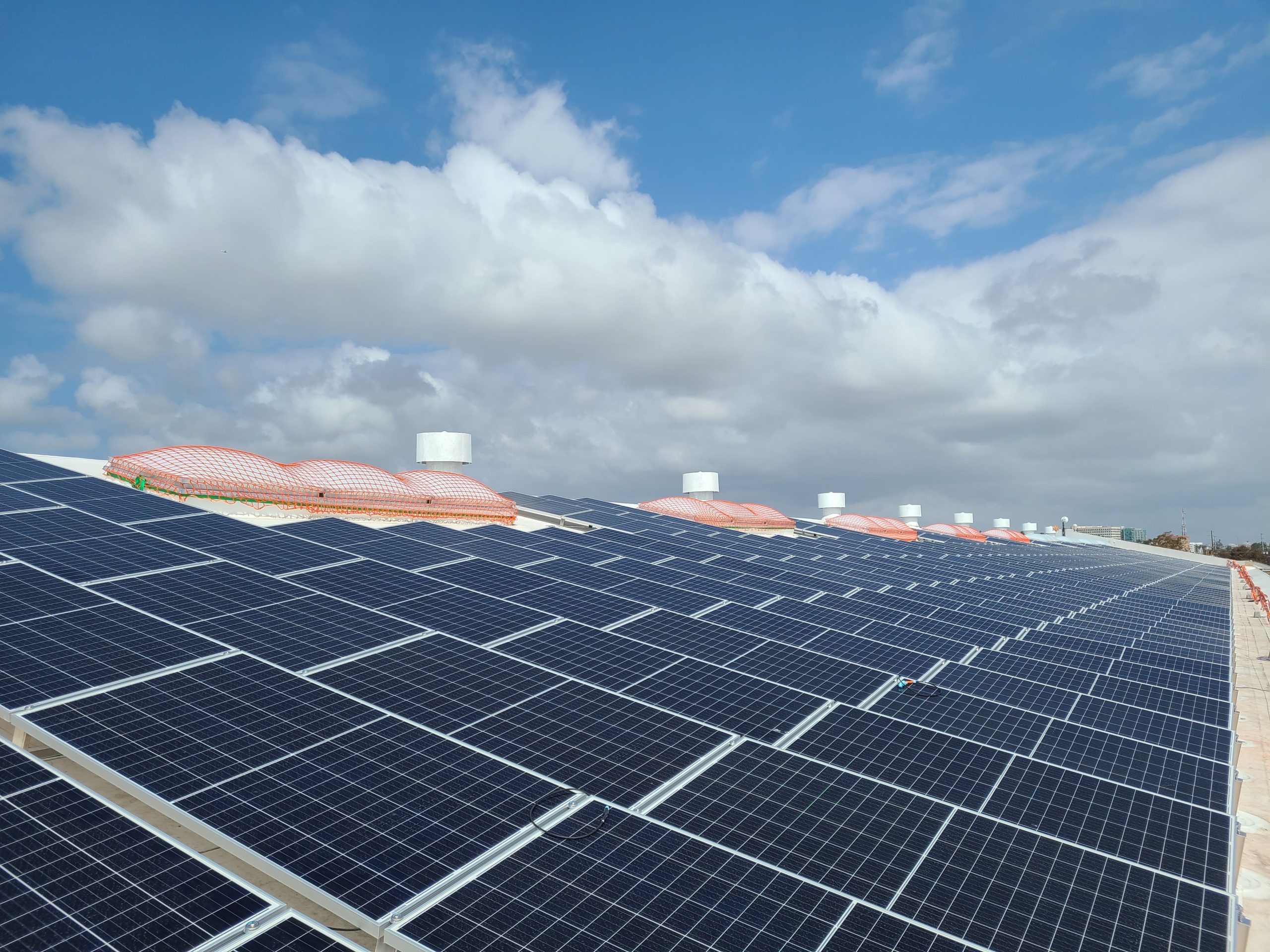The Sun and the Shade: Who’s Afraid of Rooftop Solar?
Our newest report, Blocking Rooftop Solar, documents how utilities and other special interests are using their money and clout to push policymakers to undercut solar power and to make it harder for homeowners and small business owners to produce their own clean energy.

Solar power is cheaper, more efficient and more abundant than ever before. Over the past decade, the amount of solar energy produced in the United States has increased 30-fold, while the average cost of a residential solar energy system has fallen by more than half. The American public recognizes the benefits of solar energy and is very supportive: in 2020, 79% of Americans believed that developing non-fossil fuel energy sources, including solar and wind power, should be the country’s top energy priority.
Solar power – especially from panels installed on the rooftops of homes and businesses – is far less popular, however, among two powerful industries: fossil fuel producers and electric utilities. Utilities fear that growing adoption of rooftop solar power will threaten their business model, which ties profits to the amount of capital investment they make in the grid, and sometimes to the amount of electricity sold. And the fossil fuel industry fears the growth of renewable energy, which renders their products obsolete.
Our newest report, Blocking Rooftop Solar, documents how utilities and other special interests are using their money and clout to push policymakers to undercut solar power and to make it harder for homeowners and small business owners to produce their own clean energy. A particular target is the policy used (as of June 2020) in 40 states, Washington, D.C., and some U.S. territories to ensure solar panel owners receive fair compensation for the clean energy they supply to the electric grid, which is known as “net metering.”
These attacks on rooftop solar are not new – we worked with Environment America Research & Policy Center to lift the lid on anti-solar efforts in reports released in 2015, 2016 and 2017. But recent corruption scandals in Ohio and Illinois, in which utilities and other special interests allegedly used their influence to twist public policy in their favor, highlight how far anti-solar efforts have gone.
In 2021, a national network of utility interest groups and fossil fuel-linked think tanks continues to offer funding, advice and support to utilities across the country seeking to undermine rooftop solar power. These include:
-
Edison Electric Institute, which trains utility executives to run advocacy campaigns, funds political entities friendly to its agenda, and has helped create model anti-solar legislation.
-
Consumer Energy Alliance, a fossil fuel industry front group, which has deployed resources and lobbyists across the country to promote an anti-solar agenda.
-
American Legislative Exchange Council (ALEC), whose affiliated legislators, working with ALEC and local special interests, have introduced anti-solar legislation around the country.
-
Koch Industries and Koch-funded Americans for Prosperity, which have coordinated a network of secretive nonprofits to carry out anti-solar campaigns and directly fund utilities’ anti-solar efforts.
Utilities in many states have worked with these and other national anti-solar groups to undermine pro-solar policies, with varying degrees of success.
-
The New England Ratepayers Association, a fossil industry-tied group, tried to challenge states’ authority to enact net metering policies.
-
Former subsidiaries of FirstEnergy are accused of engaging in a $61 million bribery scheme to remove Ohio’s renewable energy standard.
-
Florida Power & Light, Duke Energy and Tampa Electric Company have kept solar to producing just 3% of Florida’s electricity by making political contributions, hiring lobbyists, pushing a deceptive anti-solar ballot initiative, and lobbying the state Public Service Commission.
-
Ameren fought to reduce net metering payments in Illinois and then inflated net metering statistics in a bid to end the program in their service territory.
-
California’s three largest investor-owned utilities, PG&E, SoCal Edison and SDG&E, are pushing for the highest fixed charges for solar customers in the country and are trying to slash net metering payments in California.
-
Evergy has fought to eliminate Kansas’ net metering policies – achieving a reduction in benefits – and imposed a solar demand fee that was later ruled illegal, though it is still in place in part of Evergy’s service area.
-
Dominion Energy South Carolina proposed rates that would have raised costs for solar owners by about $750 per year, but they were ultimately rejected by the state Public Service Commission.
This fight, over the future of rooftop solar in particular and renewable energy in general, is critical. With the many threats of global warming already wreaking havoc around the world, it is important to cut carbon pollution everywhere as fast as possible – and renewable energy, including rooftop solar, will be a huge part of that effort. Additionally, rooftop solar is an important tool for resilience: especially when paired with a battery, rooftop solar panels can power a home, business or emergency services building during outages. By going big on rooftop solar and other forms of renewable energy, we can both reduce the future warming that will occur and better prepare ourselves to withstand the damage that warming will do.
To keep rooftop solar growing, however, states must resist utility and special interest efforts to limit the spread of rooftop solar by rejecting these groups’ efforts to weaken pro-solar policies. In particular, lawmakers and regulators should reject restrictions on or the elimination of net metering, rollbacks of state renewable energy standards, and any other unneeded burdens on solar energy, like utility rates or fees that charge solar owners more.
States should also promote and defend policies that support the growth of rooftop solar and speed the national transition toward 100% renewable energy. Those include implementing strong net metering programs where they don’t already exist, supporting community solar projects, enacting or expanding renewable electricity standards, enabling solar financing mechanisms, allowing non-utilities to provide consumers access to solar power, and investing in a modern electricity grid to support the growth of renewables.
Time and time again, as our report shows, special interest efforts to slow the growth of solar power have failed in the face of public opposition. With climate change accelerating and the momentum for a transition to clean energy growing, policymakers must continue to hold firm in defense of rooftop solar power.
Topics
Authors
Bronte Payne
Bryn Huxley-Reicher
Former Policy Analyst, Frontier Group
Find Out More

Our 2024 priorities in the states

Celebrating new protections taking effect in 2024

A look back at what our unique network accomplished in 2023


